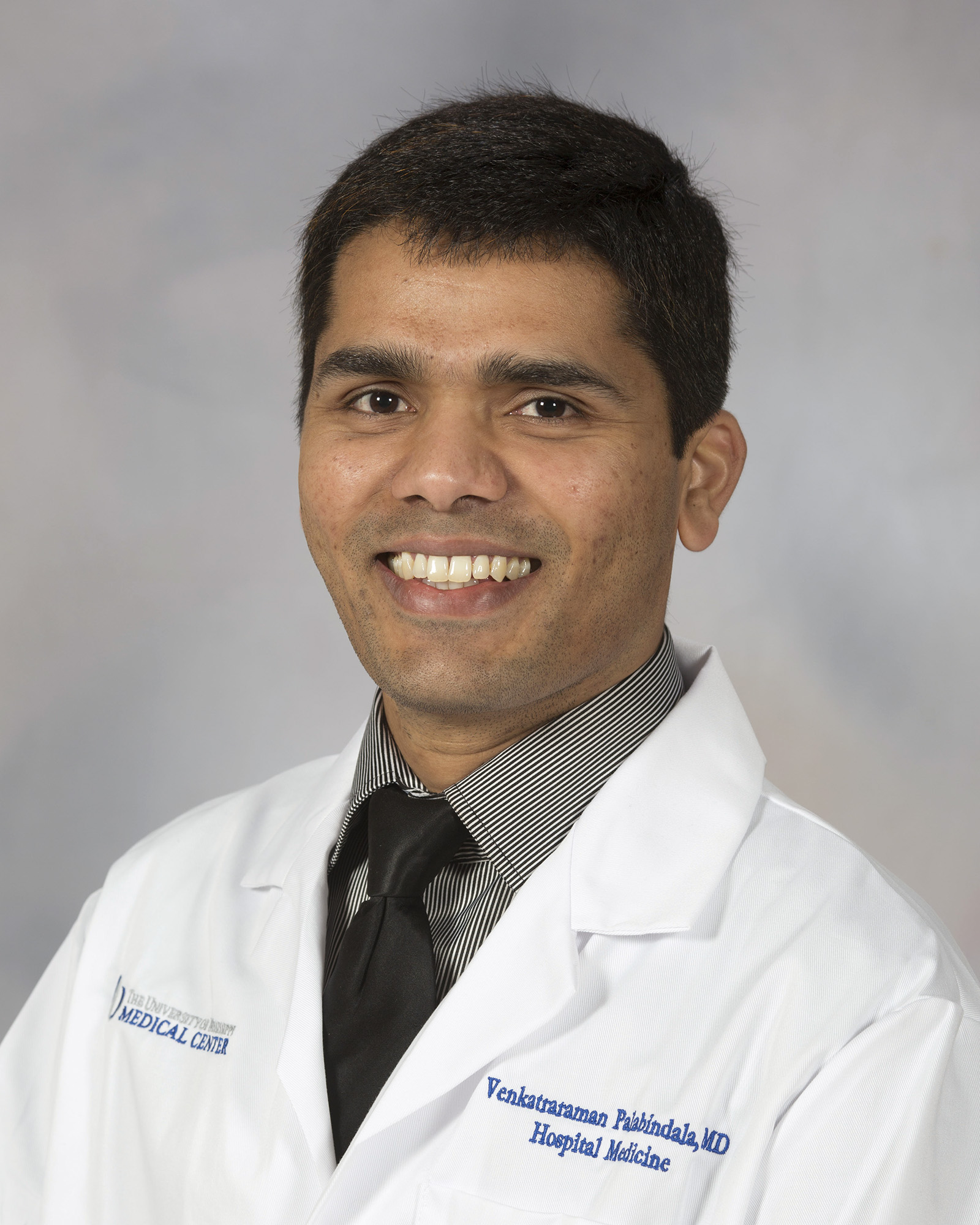
Palabindala Venkatraman
Division Cheif of Hospital Medicine University of Mississippi Medical Center UMC USA
Title: Transformation of inpatient care - It is time to revolutionize primary care
Biography
Biography: Palabindala Venkatraman
Abstract
The healthcare landscape is constantly evolving whether it is influenced by legislative reform, latest technology or new drugs and treatment protocols. What continues to remain consistent though is escalating costs and poor patient outcomes, regardless of our ability to integrate the best in evidence-based medicine into our practice. Patients who cannot afford insurance make regular use of ER, this is a poor use of highly trained staff and scarce resources, it also does very little to provide effective management of chronic diseases.
The relationship between primary care physicians (PCP) and acute care can be tenuous and is hindered by ineffective communication, often PCP not being notified when a patient came to the hospital. Improving the relationship between PCP and hospital is vital if we improve health of patients and health system as a whole. The role of hospitalists is not one that is intended to replace primary health care services, rather it is a part of patient’s larger health care team. Hospitalists work towards improving transitions in care and seeing that treatment received in hospital is appropriately coordinated with PCP at discharge.
There is a lot of misunderstanding about hospitalists. Increasing number of hospitalists in the United States is reflection in the ever increasing specialization in medicine that sees patient care fragmented into a collection of body parts. Specialists, too focussed on their organ system issues and quickly move onto the next patient in a stream of referrals from the community and within the hospital. On the other hand, hospitalists offer more comprehensive care that addresses immediate and chronic health issues that shown to reduce length of stay and the number of hospital acquired infections.
Hospitalists are also on the front line of quality improvement initiatives and are able to initiate and drive quality metrics that improve care and reduce costs. Another advantage of hospitalists is to understand business component of medicine while maintaining a patient-centered focus. This is of benefit to both patients and hospitals, as hospitalists see a significant number of patients in diverse clinical settings, they are uniquely positioned to understand the larger issues facing the hospital, rather than just those within a specific unit or speciality area.
Hospitalists not only improve the inpatient experience, but they also set patients up for the best transition. Rather than suggesting that hospitalists are the embodiment of everything that is wrong with the current state of our healthcare system, hospitalists should be thought of as effective and efficient care coordinators to view patients holistically. Improving patient outcomes is not only the end, rather it is the responsibility of all care providers to put their patients front and centre in both the hospital and in primary care. Hospitalists set patients up for a successful transition back into the community and more effort in building stronger relationships with primary care teams. Ultimately, quality care provision to patients should serve as a prime motivating factor regardless of location.

